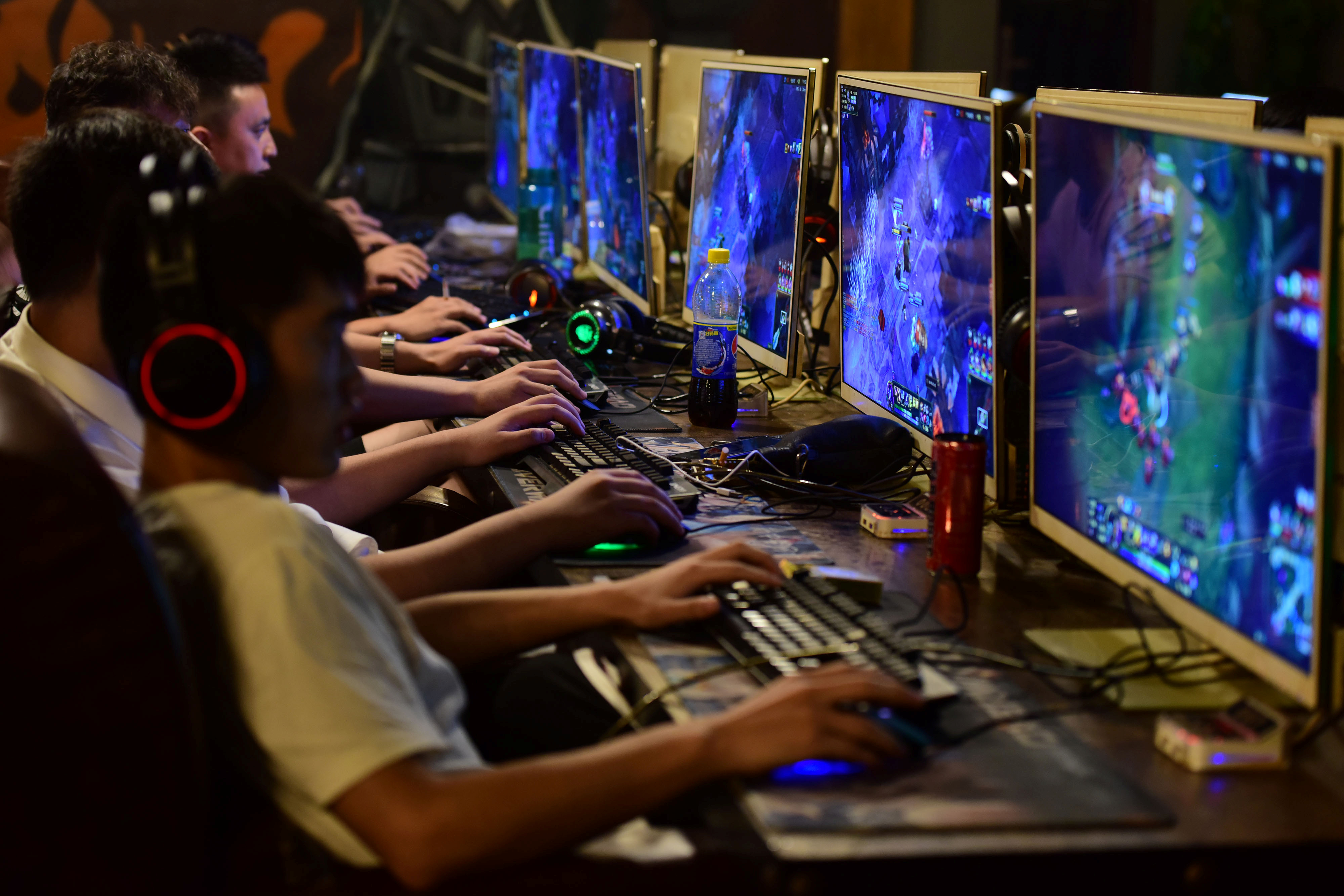
In countries outside of the U.S., governments have a lot more control over their citizens. Specifically, in China, the government is trying to control the time spent by minors on their gaming consoles or laptops. The estimated time the government is choosing to enforce is only 3 hours of gaming per week. This intense restriction set by the government would be absurd in any other country. People believe that they should have the freedom to play video games in the comfort of their home and for as long as they would like.
The technology used to enforce the 3-hour per week gaming limit is facial recognition. Users have to upload an image of their face to their gaming console or laptop and link it to their account. The facial recognition software makes the user sign in and then records the amount of time spent gaming. Tencent, a Chinese gaming company, took security measures even further. “Tencent actually makes you scan your face if you’re playing late at night for more than a set period of time. So even if your ID says you’re an adult, if you’re playing late at night, they’ll assume that you’re a minor unless you scan your face” (Cellan-Jones). This is an infringement of privacy and data rights on many levels. To make things even worse, China does not allow imports of foreign gaming consoles so users can’t even switch to a different platform.
Among the given violation of many freedoms, this regulation poses a threat to the gaming world. Having only 3 hours to play video games per week puts Chinese gamers at a large disadvantage to the rest of the world. If Chinese gamers want to participate in global gaming competitions, they are only allowed to practice for 3 hours per week. There isn’t any news or clauses for exceptions made for e-sports gamers or famous Twitch and YouTube streamers. Today the government is controlling the time spent gaming, but tomorrow it could be something much worse.
Reference:
https://www.bbc.com/news/technology-58433644
Citation:
Cellan-Jones, Rory. “Tech Tent – China’s Crackdown on Young Gamers.” BBC News, BBC, 3 Sept. 2021, www.bbc.com/news/technology-58433644.

